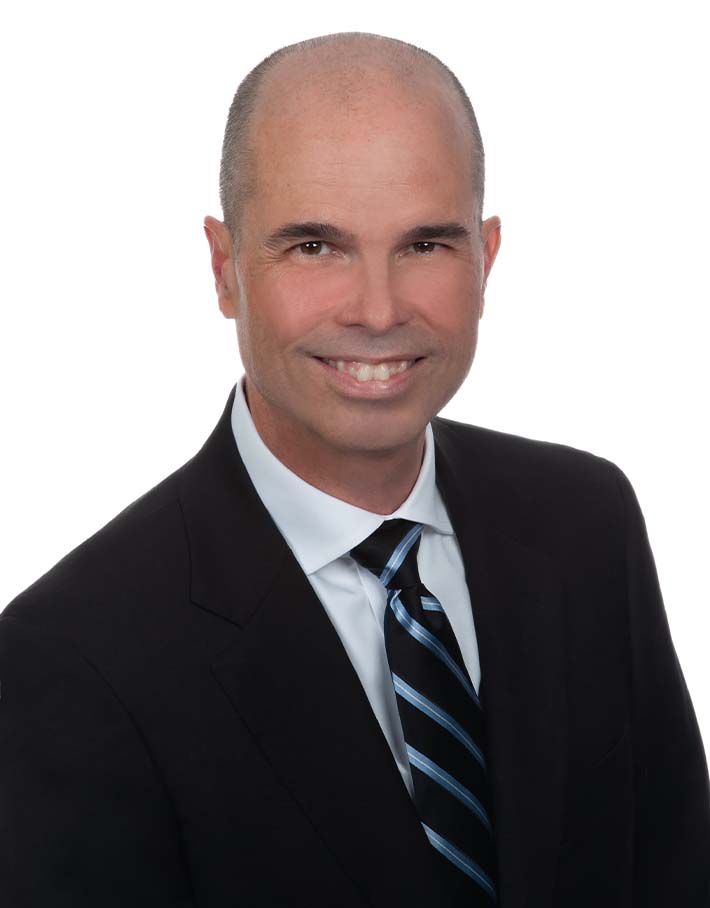Security Tokens – Regulations, Risk Controls Drive Confidence
By Buddy Doyle, Jeff Gearhart and Ed Wegener
Subscribe to our original industry insights
In Part 5 of our Digital Asset Series we talked about Digital Tokens – what are they, and what are the nuances and differences you need to know? Today, Ed Wegener, Jeff Gearhart and Buddy Doyle weigh in on the future of Security tokens and what issues need to be addressed to keep moving forward.
Transcript
Transcript provided by Temi transcript services
Oyster: Welcome to the Oyster Stew podcast, where we discuss what’s happening in the industry based on what we see as we work with regulators and clients. Oyster consultants are industry practitioners, we aren’t career consultants. We’ve done your job and we know the issues you face. You can learn more about Oyster Consulting and the value we can add to your firm by going to our website – oysterllc.com.
Last time we talked about digital tokens, what are they? And what are the nuances and differences you need to know. Today Ed Wegener, Jeff Gearhart and Buddy Doyle weigh in on the future of security tokens, and what issues still need to be addressed. If you like what you hear today, follow us on whatever podcast platform you listen to. Let’s join them.
Jeff Gearhart: What do you guys think about the concerns that need to be addressed? There’s trillions out there in private assets that could be securitized for example, but nobody’s going to jump into that until certain issues and concerns are addressed with trading digital assets, security tokens on exchanges and in the marketplace. What do you think are the main concerns?
Buddy Doyle: I think that we have very similar concerns to any security that exists today, right? What’s behind this and how’s the management of this organization functioning? I mean, due diligence is due diligence with the exception of this stuff can really kind of spin around. When you think about utility tokens that we were talking about and the features and benefits that come with them that have really very little to do with the, uh, security and the profits and losses of the entity, which a lot of times the value of a security and the profits and losses of the entity, you can’t really put those two things together because a lot of it is promise of the future and looking forward. But I’ve got to tell you when I get into utility tokens and spending a lot of time working on compliance with compliance folks and regulators, it’s the disclosure that would go around with the features and benefits and risks of a utility token. That may be very different than the features and benefits and risks of the underlying entity and things like that.
So as you add more complexity to the token, right, and let’s just call it a product, it’s a digital representation of ownership, something. And in this case, in a utility case, it’s also got a coupon attached to it or something in that a coupon like a bond coupon, but the coupon like free stuff from as part of ownership. And I think describing that is important. And then what happens to that token is people kind of work through their coupon, right? Uh it’s, it’s almost like if you think about the complexity of factoring bonds that have had pay outs, there’s a lot of weird stuff that can occur in these tokens and people are pretty creative as they’re putting them together. And they’re not thinking like securities attorneys, but these things are out there. So what do you do? So that to me is the part that kind of is a little confounding still is how to deal with what’s already there. You clean that stuff up to get it ready for a well-regulated and rational marketplace. It’s going to be weird.
Jeff Gearhart: Okay. So you could have the regulated marketplace, but it’s confidence in the underlying token and how that’s managed or administered.
Ed Wegener: Yeah. I think one of the big issues that you have with these is because these are digital, they’re electronic. They live on the networks that were created for them. And so that they have all the vulnerabilities that that network could have there. They could be subject to the loss of the keys. There could be theft, they’re vulnerable to cybersecurity attacks. So all of that comes into play as well. And so, you know, in order to address those, in addition to the regulations, but also having a strong risk management program so that you can do due diligence into the underlying assets, the technology that supports those assets, the network, the security on those networks, all of that, making sure that there are safeguards in place to limit the potential for lost keys and things like that. Those are all things that as this industry matures, that the institutions that are involved in these will have to make sure that they develop because it’s that the main thing getting in people’s way right now is their level of confidence. And those are the types of things that you need to be able to do in order to foster that confidence. And so, you know, between having a regulatory framework, as well as strong risk management and controls, those are going to be some things that could really help boost the acceptance and the confidence in using these things. And I think that’ll go a long way towards increasing people’s trust and ability to, or their desire to want to engage in this marketplace.
Jeff Gearhart: I do agree with that. I have the sense that there are a lot of large companies, small companies, entrepreneurs, venture capitalists, very smart people working on solving these problems. We agree it’s going to happen. It’s just a matter of time. There’s too many resources being devoted to this right now.
Ed Wegener: Absolutely. And, and I mean, we’ve talked about the analogy between this time in terms of blockchain and digital assets and the comparison to the late nineties and early two thousands, when it came to the internet and you think back then there were, you know, a million .coms. Everybody had a .com and everybody was pouring money into those dotcoms and the valuations got off the, off the charts, but eventually that all matured and the bad actors were shaken out for the most part of that. And so I think we’re going through the same thing now. When you talk about digital assets and cryptocurrencies and the blockchain, eventually this will mature and you’re right, there are a lot of very experienced people that are working on solving these problems. And I think as this market matures, they will solve these problems, and this will really take root.
Oyster: Thank You for listening. And if you like what you heard, make sure to follow the Oyster Stew podcast on whatever platform you listen to. If you’d like to learn how we can help firms start, run, protect, and grow their business, visit our website@oysterllc.com.





